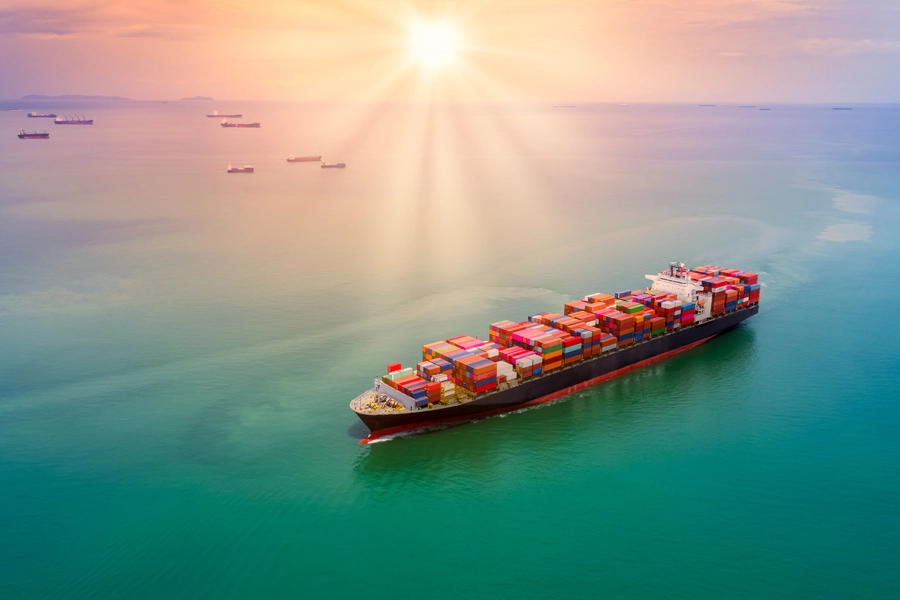The Brazilian Foreign Trade Association (AEB) has released its 2024 trade balance forecast in Rio de Janeiro.
It projects a slight decline in exports by 0.6%, totaling $334.517 billion, compared to the $336.532 billion estimated for 2023.
On the import side, there’s an anticipated increase of 0.62%, with imports reaching $241.745 billion in 2024, up from $240.345 billion in the current year.
This change leads to a projected trade surplus of $92.772 billion for the next year, a decrease of 3.5% from the $96.187 billion expected in 2023.
José Augusto de Castro, AEB President, notes the current stability in the international market, with no drastic price changes.
He suggests that product variations in 2023 were minor and expects similar trends in 2024.
However, due to unforeseen political or economic events, Castro anticipates potential changes in the latter half of the next year.
He also points out that the recent conflict between Israel and Hamas hasn’t significantly influenced the market.

Yet, Castro admits that geopolitical shifts involving major countries like China, the U.S., and Russia could eventually affect global trade.
Soy, oil, and iron ore continue to be major contributors to Brazil’s exports, projected to constitute 37.05% in 2024.
Castro mentions the possibility of an increase in oil prices if OPEC reduces production.
A slight export decline is expected for soy due to Brazil’s climate issues, though this hasn’t yet impacted the overall trade balance.
AEB predicts price increases for certain Brazilian products in 2024, including iron ore, oil, soybeans, cellulose, and fuel oils.
In contrast, coffee, poultry, pork, corn, beef, and soybean meal prices are expected to drop.
Potential positive effects on Brazilian trade
Discussing Argentina’s new president, Javier Milei, Castro sees potential positive effects on Brazilian trade.
If Argentina enjoys a good harvest, it could increase imports from Brazil. However, the success of Argentina’s agricultural production hinges on favorable weather conditions.
AEB confirms that Brazil’s top 15 exports for 2023 will be commodities, with no significant presence of manufactured goods.
Castro hopes for a tax reform to reduce costs, although this is still uncertain.
Castro compares Brazil’s situation with Mexico, which has attracted foreign investment and prepared for future growth.
In contrast, Brazil has missed opportunities to enhance its industrial production.

